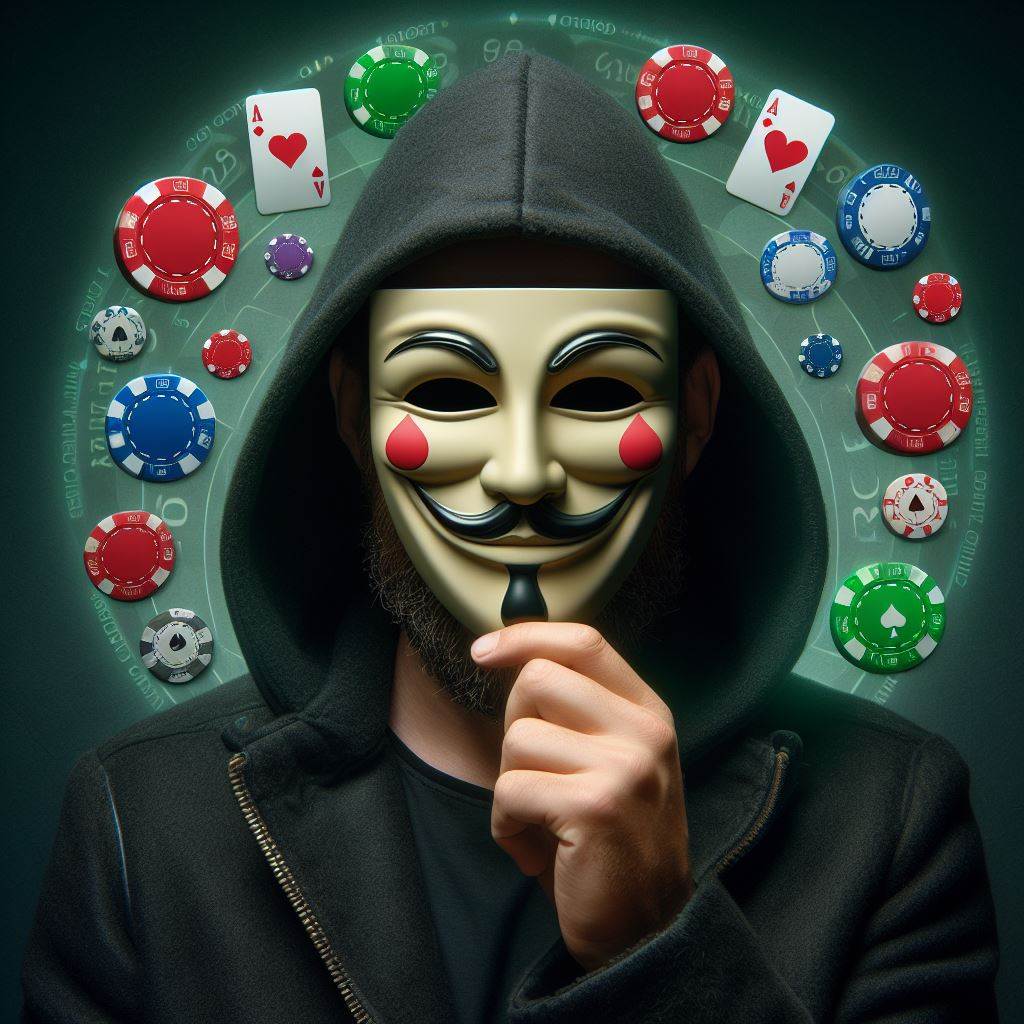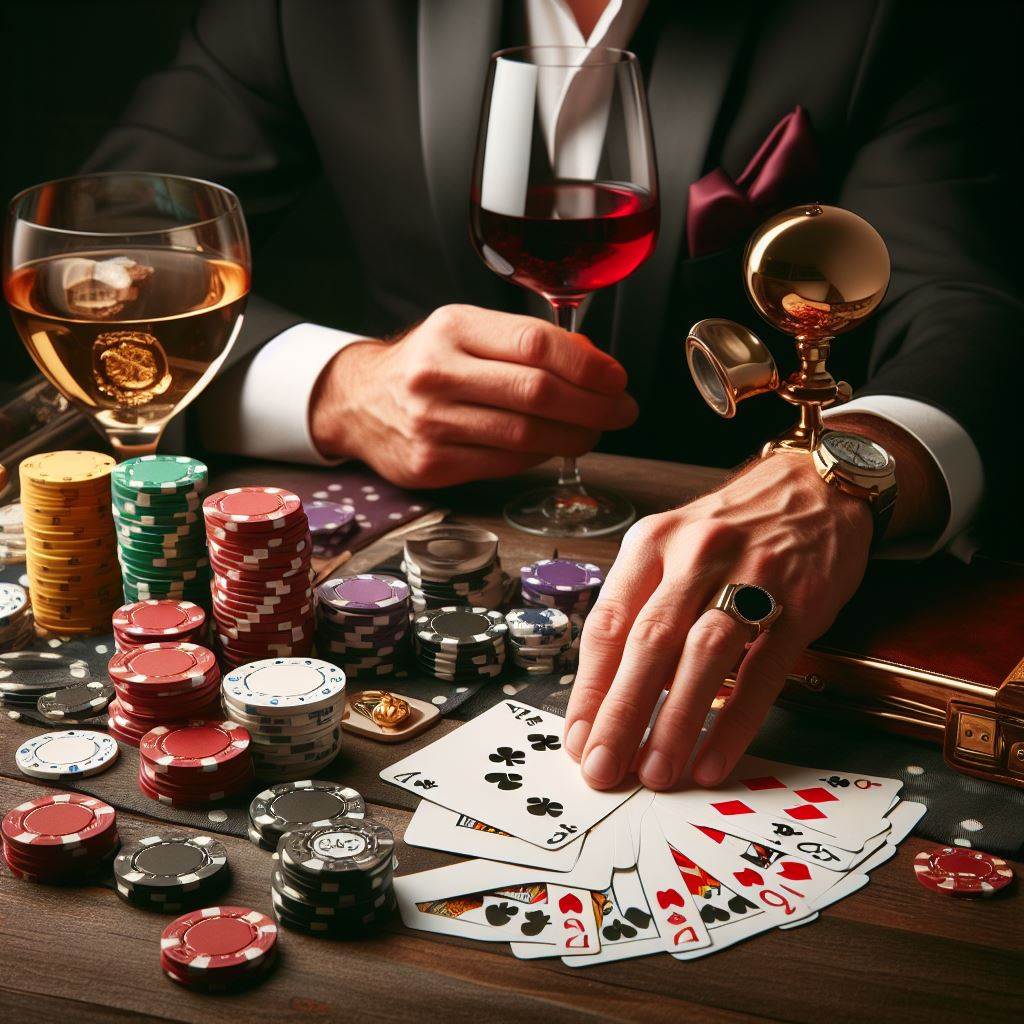Poker is not just a card game—it’s a psychological duel where players vie for dominance using wits and wills. The poker face, an essential tool for any player, is often celebrated in popular culture as a blank expression that hides emotions and intentions. However, Poker Face Unveiling the Secrets the real secrets of casino psychology go far deeper, touching on human behavior, decision-making, and strategic deception. This article explores how mastering psychological tactics can give you a significant edge in casino poker.
The essence of poker lies not only in the cards but also in the interplay between players. Each participant at the table brings their personality, biases, and levels of tolerance into the game, influencing outcomes in subtle ways. A skilled player uses this knowledge to manipulate opponents and control the flow of the game.
Understanding and Poker Face Unveiling the Secrets
A good poker face goes beyond merely concealing your emotions. It involves projecting a deliberate image that serves your strategic needs. Whether you choose to appear unfathomable, aggressive, or even vulnerable, the key is consistency. Your facial expressions, Poker Face Unveiling the Secrets body language, and even the tone of your voice should align to create a persona that misleads and manipulates your opponents.
Training yourself to maintain a poker face requires practice and awareness. Start by becoming conscious of your natural reactions during different situations in the game. Regularly playing in a variety of settings, from casual games with friends to more competitive casino environments, can help you refine your ability to control your expressions and reactions under pressure.
Reading the Room: Poker Face Unveiling the Secrets
The ability to read opponents is as critical as masking your own emotions. Observing physical cues or ‘tells’—like twitching hands, eye movements, or changes in breathing—can provide insight into a player’s mental state or the strength of their hand. For instance, Poker Face Unveiling the Secrets a player who suddenly sits up straight or starts to talk more might have just drawn a powerful hand.
However, interpreting tells accurately requires careful observation and experience. It also involves understanding the context of each player’s behavior and distinguishing genuine signals from deceptive ones. Some experienced players may even emit false tells to throw observant opponents off track.
Poker Face Unveiling the Secrets
The strategic use of psychology in poker can also extend to the manipulation of the game’s emotional tone. Setting a friendly or confrontational tone can affect how decision-making processes unfold at the table. Friendly games might encourage more open and risky plays, while a tense atmosphere could lead to conservative strategies.
In addition to managing the table’s mood, strategic deception plays a significant role. Bluffing—representing a stronger or weaker hand than you actually hold—is a classic psychological tactic. Effective bluffing convinces opponents to fold superior hands or call when you hold the winning cards. The success of a bluff often hinges on the story you’ve built through the game; your betting patterns and previous plays should support the current deception.
Managing Mental Fatigue and Emotional Stability
Long poker sessions test mental endurance and emotional stability. Fatigue and stress can lead to poor decision-making and reduced ability to read other players. Managing your mental and emotional health during games is crucial. Techniques such as mindfulness, controlled breathing, and regular breaks can help maintain clarity and focus.
Conclusion
Mastering the psychological aspects of poker can provide a formidable advantage. A well-crafted poker face, the ability to read others accurately, and the strategic use of psychological tactics are all critical components of advanced poker play. By continually honing these skills, players can not only improve their game but also deepen their enjoyment and appreciation of this complex and challenging sport. Remember, poker is not just played on the table—it’s played in the minds of all who sit around it.
Baca Juga: The Thrill of the Bet: Emotional Dynamics in Casino Poker



